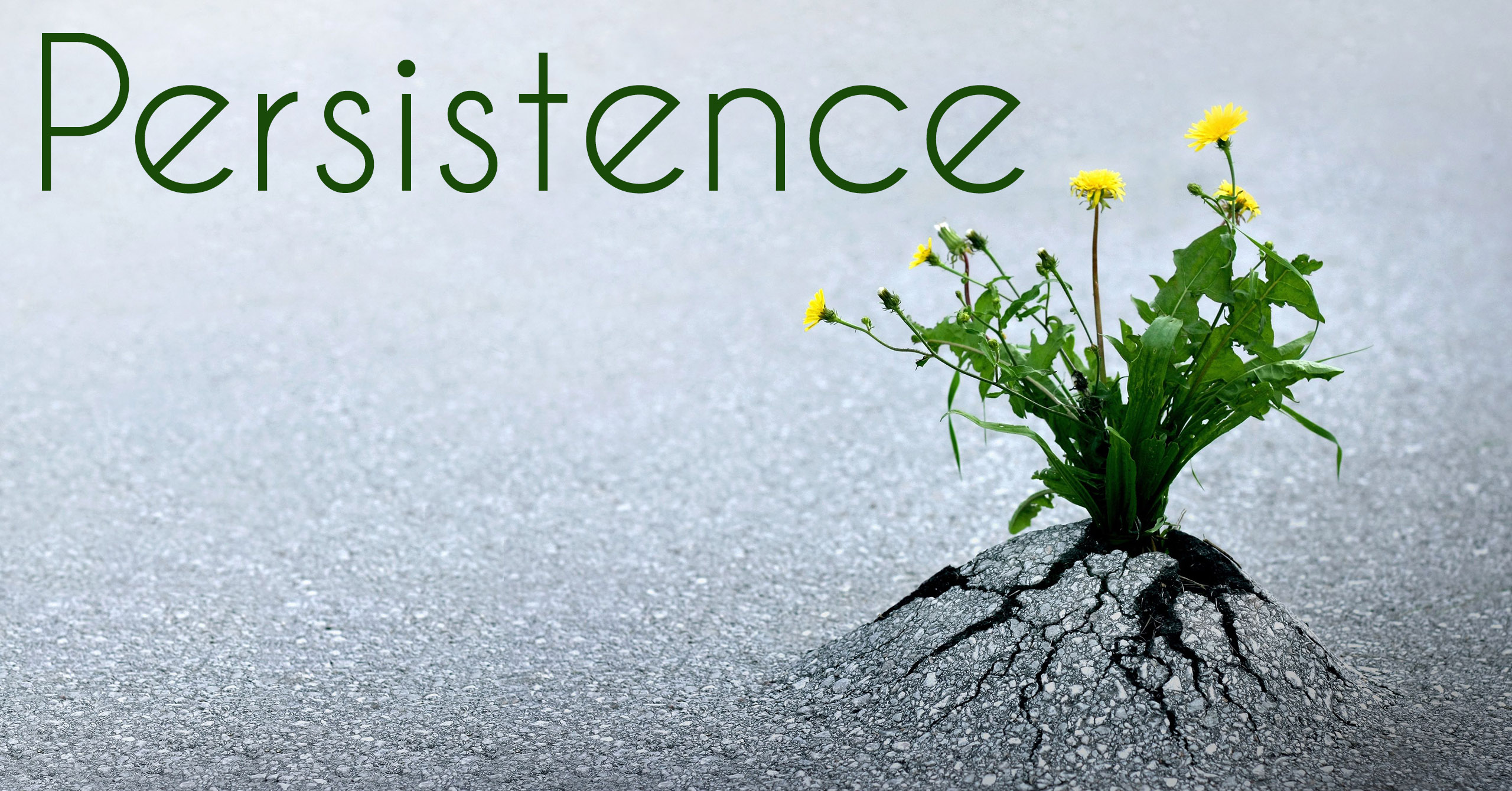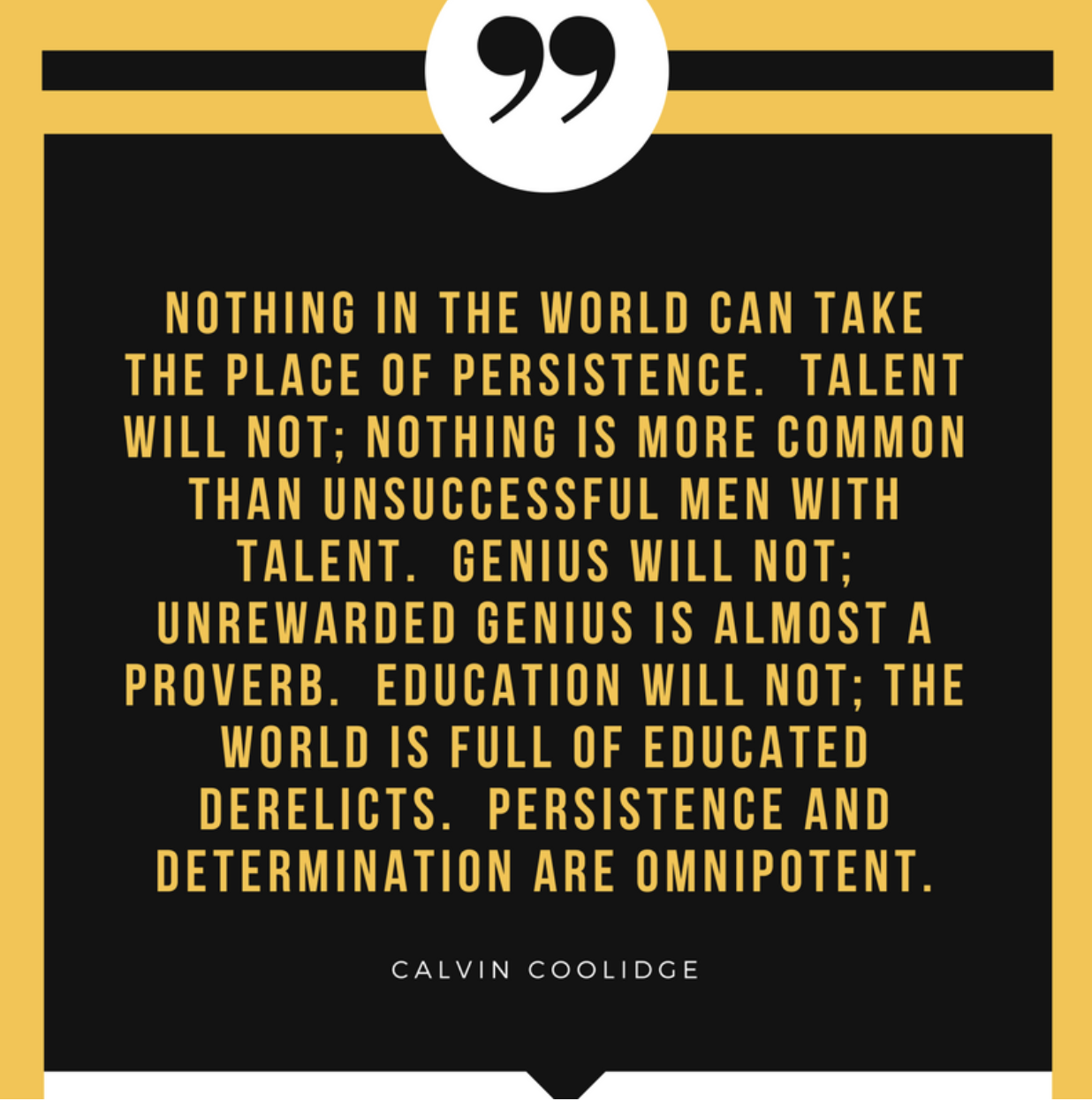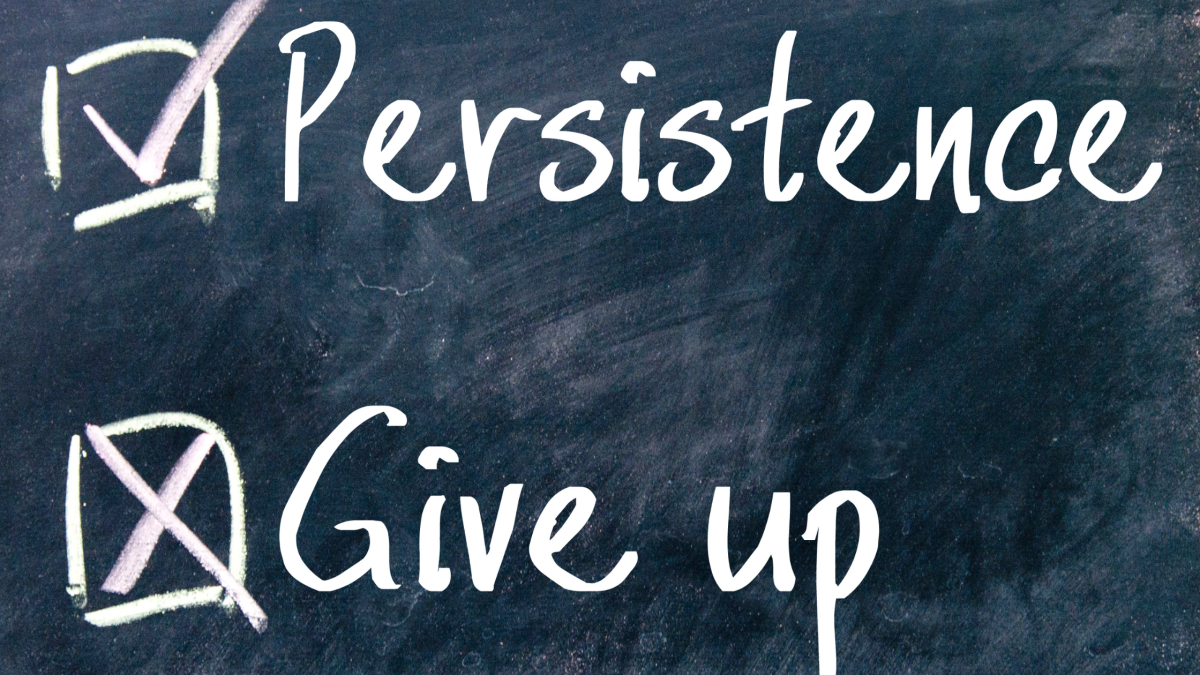Key Takeaways
- Persistence is crucial for personal growth and achieving long-term success.
- Setting clear goals and maintaining motivation are essential steps to becoming more persistent.
- Strategies to overcome obstacles include staying positive, seeking support, and breaking tasks into manageable parts.
- Developing consistent habits can strengthen your persistence over time.
- Balancing persistence with flexibility ensures you stay adaptable and open to change.

Highlights of Persistence
Persistence is more than just a personality trait; it’s a powerful tool that can transform your life. It is the ability to keep pushing forward despite challenges, failures, or discouragement. Without persistence, dreams remain just that—dreams. But with it, you can turn those dreams into reality.
Consider this: every successful person you admire today has likely faced numerous setbacks. Yet, they persisted. This determination is what sets achievers apart from those who give up too soon. But why is persistence so important? Let’s delve into the reasons.
Why Persistence Matters
Persistence matters because it is the driving force behind achieving goals and overcoming obstacles. It’s what fuels our journey towards success, regardless of the challenges that may come our way. Understanding its significance can inspire you to cultivate this essential trait.
Growth and Learning: Key Benefits
When you persist, you open yourself up to growth and learning. Every obstacle you face is an opportunity to learn something new. It’s through persistence that you gain experience, build resilience, and develop problem-solving skills. These are invaluable assets in both personal and professional life. If you’re looking for advice on persistence, check out this discussion on persistence for more insights.
Research has shown that individuals who exhibit persistence from a young age tend to perform better academically and professionally. For instance, a study in Sweden revealed that the persistence of 13-year-olds predicted their future academic success. This demonstrates how persistence contributes to long-term achievements.
Influence on Long-term Success
Long-term success is often the result of consistent effort over time. Persistence ensures that you stay committed to your goals, even when the going gets tough. It’s the key to unlocking your full potential and achieving what might seem impossible at first. For more insights on how to maintain a positive mindset, explore the benefits of acceptance in boosting mental health.
“Persistence is the twin sister of excellence. One is a matter of quality; the other, a matter of time.” – Marabel Morgan
Think about the stories of famous personalities like Thomas Edison, who failed thousands of times before inventing the lightbulb. Their stories teach us that persistence is not just about enduring but about believing in your vision and working tirelessly to achieve it.
Balance: Persistent vs. Inappropriate Persistence
While persistence is vital, it’s equally important to know when to adjust your approach. Inappropriate persistence, where one continues down an unproductive path, can lead to burnout and frustration. It’s essential to balance persistence with flexibility, allowing yourself to adapt and change strategies when necessary. For more insights, you can explore how to be persistent effectively.
For example, if you’ve been pursuing a goal for an extended period without any progress, it might be time to reassess your methods. Persistence doesn’t mean being stubborn; it means being committed to finding the best path forward. If you’re looking for advice on how not to give up easily, you might find helpful insights on Reddit’s Get Disciplined community.

Building Persistence in Daily Life
Now that we understand the importance of persistence, let’s explore how to build it into our daily lives. Developing persistence requires intentional effort and the right strategies. For those seeking advice on how not to give up easily, you might find some useful tips on Reddit’s r/getdisciplined.
Goal Setting: Clarity and Motivation
Setting clear goals is the first step towards becoming more persistent. When you know what you want to achieve, you can focus your efforts and measure your progress. A clear goal acts as a guiding star, keeping you motivated and on track.
- Start by identifying what you truly want to achieve.
- Break down your goal into smaller, manageable tasks.
- Set deadlines for each task to maintain momentum.
- Celebrate small victories to keep your motivation high.
Most importantly, ensure that your goals are meaningful to you. When you’re genuinely passionate about what you’re working towards, persistence becomes a natural byproduct.
Overcoming Obstacles: Strategies and Mindset
Obstacles are inevitable on the path to success. How you respond to them determines your level of persistence. Developing a positive mindset and employing effective strategies can help you overcome any hurdles that come your way.
Here are some strategies to consider:
- Maintain a positive attitude, even in the face of setbacks.
- Seek support from friends, family, or mentors who can provide guidance and encouragement.
- Break down larger problems into smaller, more manageable pieces.
- Stay flexible and open to new approaches if your current strategy isn’t working.
Remember, persistence is not about never failing; it’s about bouncing back stronger after each failure.
Real-world Examples of Persistence Payoff
Persistence is a key ingredient in the success stories of many individuals. It demonstrates how determination can turn dreams into reality, even when the odds are against you. Real-world examples provide us with tangible evidence of how persistence can lead to remarkable achievements.
One notable example is the story of J.K. Rowling, the author of the Harry Potter series. Before her books became a global phenomenon, Rowling faced numerous rejections from publishers. Despite these setbacks, she continued to believe in her story and persevered. Her persistence eventually paid off, and today, Harry Potter is a beloved series worldwide, inspiring millions of readers.

Stories of Famous Persistent Personalities
Famous personalities often serve as beacons of inspiration, showcasing how persistence can lead to extraordinary success. Take the story of Thomas Edison, for instance. He famously failed over a thousand times before successfully inventing the lightbulb. Edison viewed each failure as a step closer to success, demonstrating an unwavering commitment to his goal.
Another inspiring figure is Oprah Winfrey, who overcame significant personal and professional challenges to become one of the most influential media moguls in the world. Her journey from a difficult childhood to becoming a self-made billionaire exemplifies how persistence can help you rise above adversity.
Academic and Professional Persistence Benefits
In academic and professional settings, persistence can significantly impact one’s success. Students who consistently apply themselves, despite facing academic difficulties, often achieve better outcomes. This is supported by research that links persistence with higher academic performance and graduation rates.
Professionally, persistence can lead to career advancement and personal fulfillment. Employees who demonstrate persistence in their roles are more likely to be recognized for their contributions and considered for promotions. Employers value individuals who are committed to overcoming challenges and continuously improving their skills.
Long-term Health and Well-being through Persistence
Persistence is not only beneficial for achieving external goals but also plays a vital role in personal health and well-being. By persisting in healthy habits such as regular exercise, balanced nutrition, and stress management, individuals can improve their physical and mental health over time.
Moreover, the sense of accomplishment that comes from persisting in these habits can boost self-esteem and overall life satisfaction. It reinforces the idea that persistence is a holistic approach to living a fulfilling and healthy life.
Practical Tips to Enhance Your Persistence
Enhancing your persistence is a journey that involves adopting specific strategies and mindsets. By incorporating these practical tips into your daily life, you can build the resilience needed to achieve your goals.
Developing a Routine for Persistence
Creating a routine is a powerful way to foster persistence. A structured routine helps you maintain focus and momentum, making it easier to stick with your goals.
- Start by setting a specific time each day to work on your goal.
- Break your tasks into small, manageable steps to avoid feeling overwhelmed.
- Use tools like calendars or planners to track your progress and stay organized.
- Incorporate regular breaks to prevent burnout and maintain motivation.
By following a consistent routine, you can build the discipline necessary to persist in the face of challenges.
Mental Resilience: Building Confidence
Mental resilience is crucial for maintaining persistence. It involves developing the confidence to overcome setbacks and keep moving forward. Here are some strategies to build mental resilience:
- Practice positive self-talk to reinforce your belief in your abilities.
- Reflect on past successes to remind yourself of what you’re capable of achieving.
- Embrace failure as a learning opportunity rather than a setback.
- Surround yourself with supportive individuals who encourage your persistence.
Building mental resilience empowers you to tackle challenges head-on and maintain your commitment to your goals.
Support Systems: Surrounding Yourself with Positivity
A strong support system can significantly enhance your persistence. The encouragement and guidance of others can provide the motivation needed to persevere through tough times.
- Seek out mentors or role models who inspire you and offer valuable insights.
- Engage with communities or groups that share your interests and goals.
- Communicate your aspirations to friends and family, so they can support your journey.
- Participate in events or workshops that foster a positive and motivating environment.
By surrounding yourself with positivity, you create a network of support that fuels your persistence and determination. To enhance your journey, explore ways to boost mental health through acceptance and positivity.

Final Reflections on Persistence Journey
Persistence is a journey that requires dedication, resilience, and adaptability. As you continue to develop this trait, remember that it’s not just about reaching your destination but also about growing along the way.
Embrace the challenges and learn from them. Celebrate your progress, no matter how small, and stay open to adjusting your approach when necessary. With persistence, you can achieve your dreams and live a fulfilling life.
Continuous Improvement and Adaptation
Continuous improvement is a cornerstone of persistence. It involves regularly evaluating your progress and finding ways to enhance your approach. This mindset not only helps you achieve your goals more efficiently but also ensures that you remain adaptable in the face of change. For more insights on how to maintain a positive mindset, consider exploring how to reframe negative thoughts.
Adapting to new circumstances is crucial for maintaining persistence. The world is constantly evolving, and so should your strategies. By embracing change and seeking opportunities for growth, you can stay ahead of the curve and continue moving towards your objectives.
Balancing Persistence with Flexibility
While persistence is vital, it’s equally important to balance it with flexibility. Being too rigid in your approach can lead to frustration and burnout, especially if things aren’t going as planned. Flexibility allows you to adjust your strategies and remain open to new possibilities.
Consider the story of a young entrepreneur who, after multiple failed attempts at launching a product, decided to pivot and focus on a different market. This flexibility, combined with persistence, eventually led to a successful business. It’s a reminder that sometimes, changing direction is necessary to achieve your goals.

“Persistence Can Predict Achievement …” from bloomsights.blog and used with no modifications.
Frequently Asked Questions
As you embark on your journey to becoming more persistent, you may have some questions. Here are answers to common queries that can guide you along the way. Additionally, you might find it helpful to explore visualization techniques to enhance your persistence skills.
What are the benefits of being persistent?
Being persistent offers numerous benefits, including increased resilience, improved problem-solving skills, and greater achievement of goals. It helps you overcome obstacles, learn from failures, and ultimately reach your full potential. Persistence also enhances your self-confidence and sense of accomplishment. For more insights, you might find this discussion on how to be persistent useful.
In professional settings, persistence can lead to career advancement and recognition. It shows employers that you are committed, reliable, and capable of handling challenges, making you a valuable asset to any team.
How can I motivate myself to stay persistent?
Motivation is key to maintaining persistence. To stay motivated, set clear and meaningful goals that resonate with your values. Break these goals into smaller, achievable tasks and celebrate each milestone you reach. Visualize your success and remind yourself why your goals are important to you.
Additionally, surround yourself with supportive people who encourage your efforts. Their positivity and encouragement can boost your motivation and help you stay focused on your objectives. Discover more about the scientific benefits of hugging and how it can enhance your mental well-being.
What are common obstacles to persistence?
Common obstacles to persistence include fear of failure, lack of motivation, and external distractions. Overcoming these obstacles requires a strong mindset and effective strategies. Practice self-compassion and view failures as learning opportunities rather than setbacks.
Managing distractions involves creating a focused environment and setting boundaries to protect your time and energy. Prioritize your tasks and eliminate unnecessary distractions to maintain your persistence.
How can I measure my persistence progress?
Measuring your persistence progress involves tracking your efforts and assessing your achievements over time. Set specific, measurable goals and regularly review your progress. Keep a journal to document your successes, challenges, and lessons learned.
Reflecting on your journey can provide valuable insights into your growth and areas for improvement. It also reinforces your commitment to your goals and keeps you motivated to continue persisting.
When should I know to stop persisting on a task?
Knowing when to stop persisting on a task is crucial for maintaining balance and avoiding burnout. If a task no longer aligns with your goals or values, or if you’ve exhausted all reasonable efforts without progress, it may be time to reconsider your approach.
Trust your intuition and seek feedback from trusted mentors or peers. They can offer valuable perspectives and help you determine whether it’s time to pivot or let go of a task that isn’t serving you. For further insights, you might explore discussions on how to be persistent on Quora.










Leave a Reply